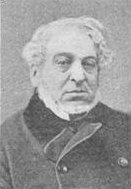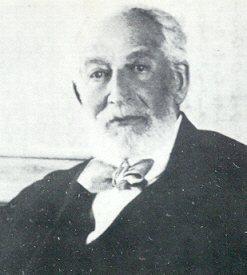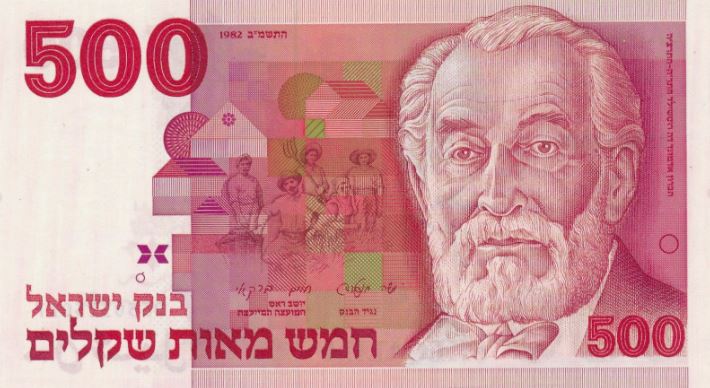In honour of Jew of the Week’s 9th birthday this November, we will feature a month-long series on the Sassoon family, the “Rothschilds of the East”. This is the final Part 4. Read Part 1, Part 2, and Part 3.
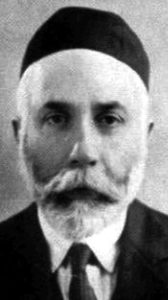
David Solomon Sassoon
David Solomon Sassoon (1880-1942), the grandson of patriarch David Sassoon, was born in Bombay, India. He was deeply religious, and spent much of his life travelling in search of ancient and rare Jewish manuscripts. By 1932, he had amassed an incredible collection of over 1200 unique texts. He described them in his two-volume tome, Ohel David. Today, these works are an indispensable tool for scholars of Judaism. Unfortunately, many of the manuscripts were auctioned off in recent decades to pay off the Sassoon estate’s tax debts to the British government. Many others are stored at the University of Toronto, and some at the British Library.
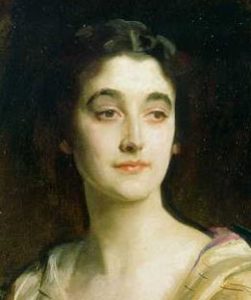
Sybil Rachel Sassoon, the Marchioness of Cholmondeley
Sybil Rachel Betty Cecile Sassoon, the Marchioness of Cholmondeley (1894-1989), daughter of Edward Sassoon, she wished to assist the war effort during World War II, and joined the Women’s Royal Navy Service. She went on to serve as Superintendent of the Women’s Royal Navy Service, and a Chief Staff Officer. In 1946, she was made a Commander of the British Empire (CBE) for her valiant service. Her great-grandson is actor Jack Huston.
Rachel Sassoon Beer (1858-1927), daughter of Sasson David Sassoon, married a wealthy German-English banker and converted to Christianity, for which her family disowned her. She started writing for The Observer, and eventually became its editor. (She later became editor of the Sunday Times, too.) It was Rachel who managed to secure a confession from Count Ferdinand Esterhazy that the “evidence” against Alfred Dreyfus was forged, and that Dreyfus was innocent. This led to Dreyfus’ release from prison. (And it was the Dreyfus Affair that was one of the key elements in inspiring Theodor Herzl.) Rachel left much of her wealth to her nephew, Siegfried Sassoon (1886-1967), a war hero and one of the most celebrated poets of World War I.
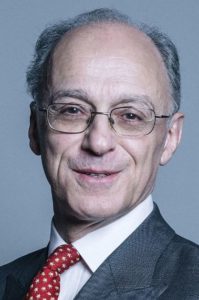
The Right Honourable James Mayer Sassoon, The Lord Sassoon
The son of another of Rachel’s nephews is James Meyer Sassoon (b. 1955), who was born in London and studied at Eton College, followed by Oxford University. After heading a number of investment firms, he joined the British Treasury in 2002. Five years later, he was appointed as president of the Financial Action Task Force on Money Laundering. Among his duties was combat financing for terrorists. He was knighted in 2008, and entered the House of Lords in 2010, taking on the title of Baron Sassoon. He also served as the first Commercial Secretary to the Treasury.
Words of the Week
I prefer a wicked person who knows they are wicked, to a righteous person who knows they are righteous.
– Rabbi Yaakov Yitzchak of Lublin (c. 1745-1815)

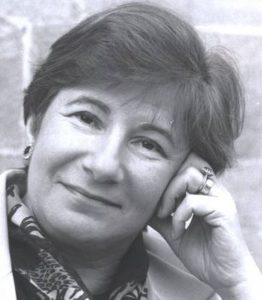 Ruth Lynn Fraenkel (b. 1943) was born in London to Jewish-Polish refugees who fled the Nazis. She studied law at Oxford University’s prestigious St. Anne’s College, and there met her future husband John Deech. After getting her MA, she briefly taught law at Windsor University in Canada, then returned to St. Anne’s and taught there for two decades before being elected its principal in 1991. As a specialist in family law and bioethics, she also headed Oxford’s Health Authority, and eventually became the governor of the UK Department of Health’s Human Fertilisation and Embryology Authority (HFEA). The HFEA regulates fertility treatments, in-vitro fertilization, and embryological research across the UK. As its governor, Deech made some difficult and controversial decisions, including one case where a woman was forbidden from having a baby with her dead husband’s frozen sperm. She also fought against the decision to allow birth certificates not to name a father, stating “I regret the downgrading of the father as a person of importance – the legislative dismissal of the contribution of half the population to the upbringing of the next generation” and that “Tolerance of both types of parenting has to be ensured.” In 2002, Deech was knighted as a Dame Commander of the Order of the British Empire. That same year she was appointed governor of the BBC. Following this role, she was made a life peer of the House of Lords, and given the title Baroness Deech of Cumnor. At the same time, she served as the chairman of the Bar Standards Board, which regulates lawyers across England and Wales, and sat on the Jewish Leadership Council. Deech remains one of the world’s most renowned academics and ethicists. Oxford University recently named one of its buildings after her, and she was once ranked on “The God List” of the fifty most influential “people of faith” in Britain. She also regularly stands up for the Jewish community, and for Israel – at
Ruth Lynn Fraenkel (b. 1943) was born in London to Jewish-Polish refugees who fled the Nazis. She studied law at Oxford University’s prestigious St. Anne’s College, and there met her future husband John Deech. After getting her MA, she briefly taught law at Windsor University in Canada, then returned to St. Anne’s and taught there for two decades before being elected its principal in 1991. As a specialist in family law and bioethics, she also headed Oxford’s Health Authority, and eventually became the governor of the UK Department of Health’s Human Fertilisation and Embryology Authority (HFEA). The HFEA regulates fertility treatments, in-vitro fertilization, and embryological research across the UK. As its governor, Deech made some difficult and controversial decisions, including one case where a woman was forbidden from having a baby with her dead husband’s frozen sperm. She also fought against the decision to allow birth certificates not to name a father, stating “I regret the downgrading of the father as a person of importance – the legislative dismissal of the contribution of half the population to the upbringing of the next generation” and that “Tolerance of both types of parenting has to be ensured.” In 2002, Deech was knighted as a Dame Commander of the Order of the British Empire. That same year she was appointed governor of the BBC. Following this role, she was made a life peer of the House of Lords, and given the title Baroness Deech of Cumnor. At the same time, she served as the chairman of the Bar Standards Board, which regulates lawyers across England and Wales, and sat on the Jewish Leadership Council. Deech remains one of the world’s most renowned academics and ethicists. Oxford University recently named one of its buildings after her, and she was once ranked on “The God List” of the fifty most influential “people of faith” in Britain. She also regularly stands up for the Jewish community, and for Israel – at 